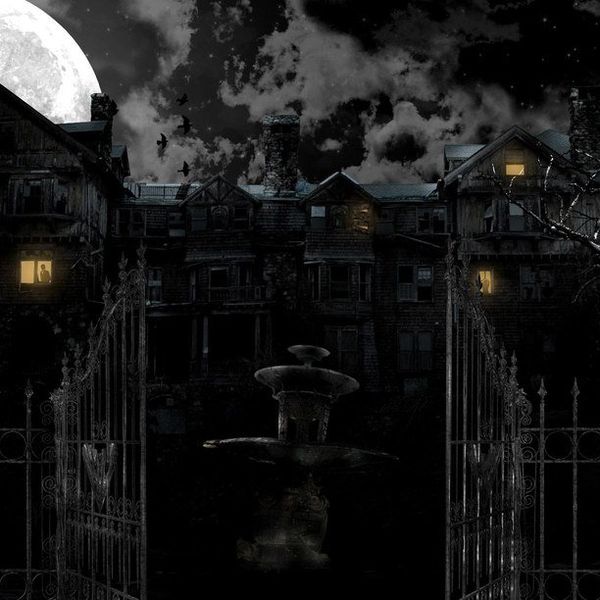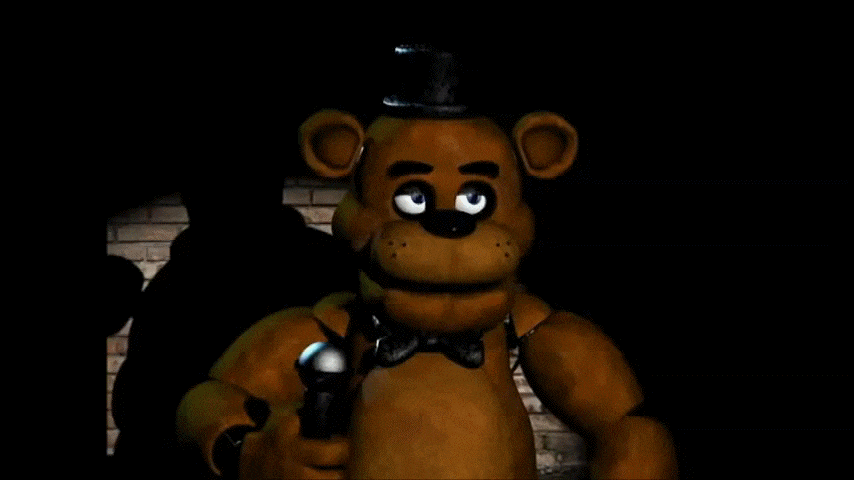Horror movies are some of the only micro-budget films that routinely receive wide popularity and box office success, but conventional wisdom states that critics hate them. I assumed this to be the case, and set out to back it up with some facts.But, What I found surprised me.
I decided to compare IMDb and Rotten Tomatoes, the primary online representatives of audience and critical reception, respectively. The IMDb Top 250 takes into account how many users have rated a movie, and the weighted average of these ratings. It’s not a perfect system, but it’s the best available barometer for popular opinion on film. Currently, the list contains only six horror movies.
Rotten Tomatoes, on the other hand, has a list of the 100 best reviewed films according to a wide selection of critics. By my count, it contains 10 horror movies. Proportionally speaking, the Rotten Tomatoes list contains about four times as many horror movies as the IMDb list. There isn’t an exact science to genre classification, so the numbers could be one or two off depending on what qualifies as horror according to you. Bottom line, the critics actually seem to like horror movies more than general audiences.
However, critics don’t simply like more horror movies than moviegoers. Generally, they like different horror movies entirely. Take this year’s ‘The Witch,’ with a critical rating of 91%, and an audience rating of 55%, or 2014’s ‘Oculus’ (critical rating: 73%, audience rating: 53%). The basic trend here is that critics often appreciate unique, unconventional horror films, whereas a large portion of the audience finds them off-putting.
It seems many of the people that saw ‘The Witch’ in theaters were expecting a straightforward horror movie loaded with jump scares and constant stimulation. What they got instead was a well-researched period piece about the religion and family dynamics of 17th century America, that just so happened to be one of the most unsettling movies in recent memory. A large portion of the audience wants horror to meet their expectations, whereas critics prefer to have their expectations defied.
So where did we get the idea that critics hate horror movies? Well, in the past, that was often the case. Horror movies that are revered as classics and trend-setters today were savaged by critics when they were released. Back in 1968, The New York Times claimed that ‘Night of the Living Dead’ sounded like it “had been recorded in an empty swimming pool” and repeatedly called the actors “nonprofessional.” At the time, that was arguably one of the nicer reviews. In 2013, the same outlet published an article recognizing the film as “shocking,” “resonant,” and a “horror classic.”
The simple fact is that film criticism isn’t what it once was. The internet has opened it up to more people, not just the employees of major media outlets. Over the years, critics have grown less elitist, and less inclined to write off genre movies as cheap popcorn thrills (Roger Ebert, one of the few to defend ‘Night of the Living Dead’ on its release, probably deserves some credit for this as well). After all, we live in an age wherein ‘The Avengers,’ the live action equivalent of a Saturday morning cartoon (not that that's a bad thing), is a critically acclaimed movie. Being fun doesn’t necessarily count against a movie, so long as it’s well-made.
Over the years, critics have also become less inclined toward moralizing in their reviews. Half of Variety’s review for ‘Night of the Living Dead’ consisted of hand-wringing over the film’s violence, before it even addressed its quality. This attitude seems foreign today, when critics rarely address the content of a film. It would seem they’ve grown desensitized after decades of watching gore-fests for a living.
Genre bias certainly does exist in some elements of the media (how many horror movies have ever won an Oscar?), but our picture of the snobbish, self-righteous critic is painfully outdated. If anything, it’s time for general audiences to give original, risk-taking horror movies a shot.



















